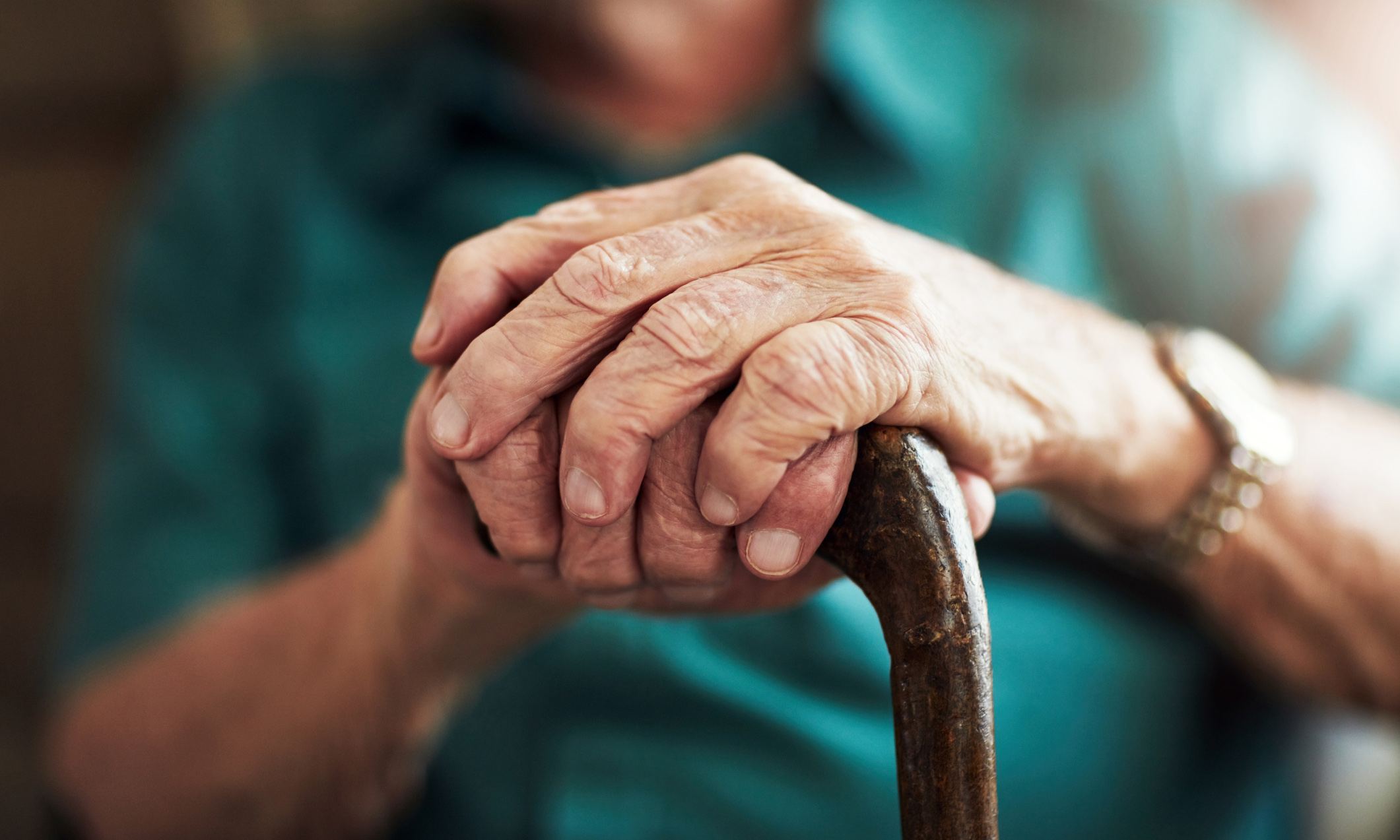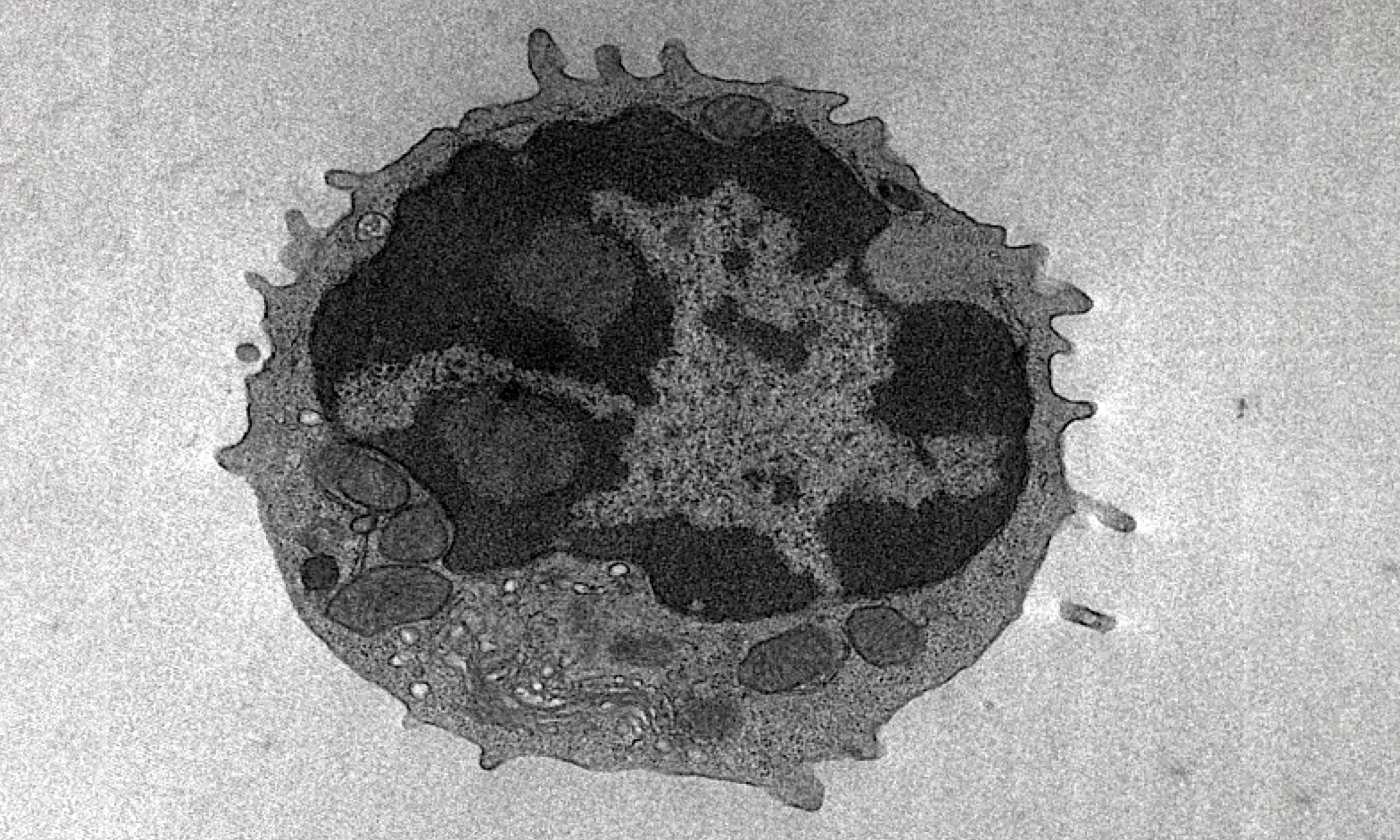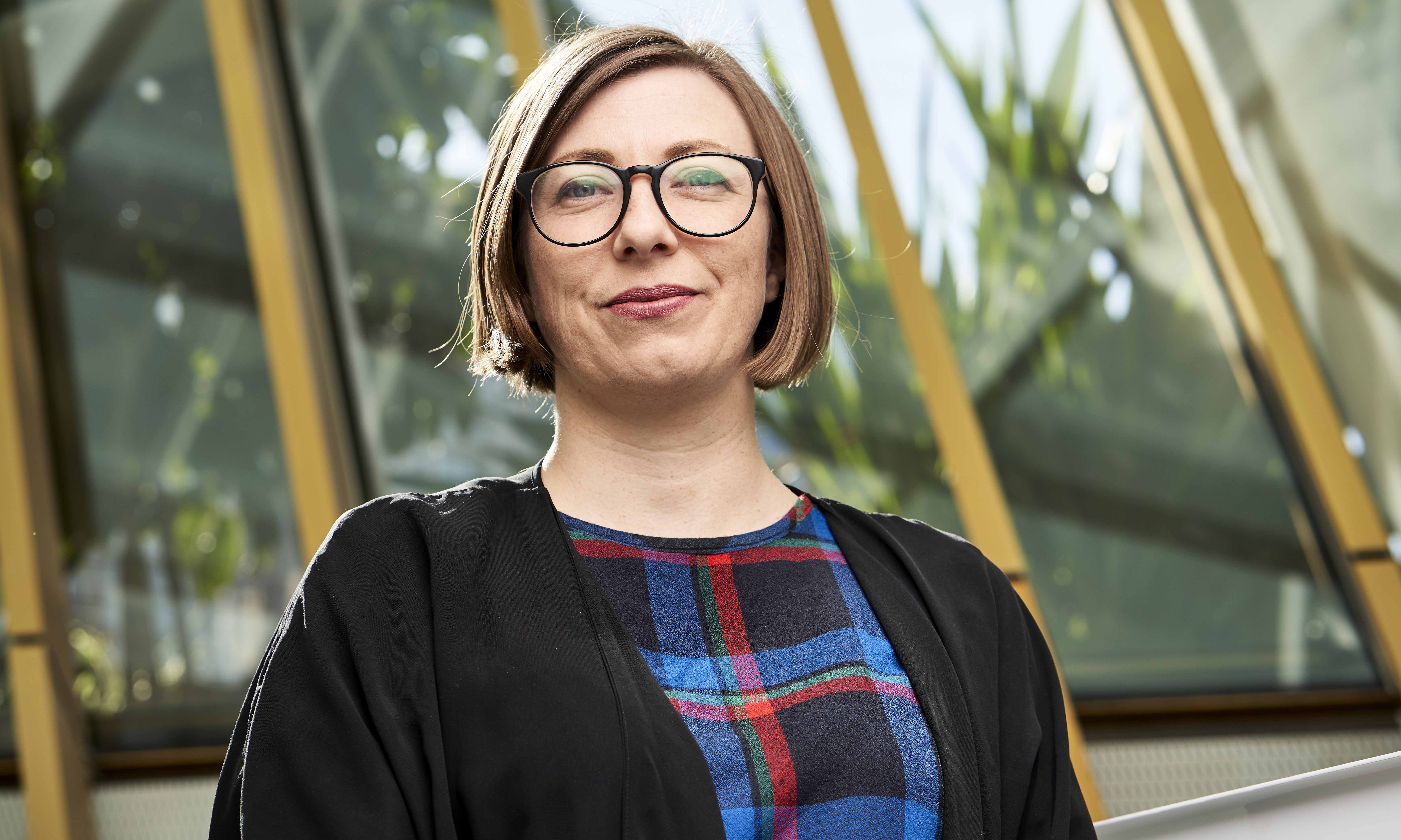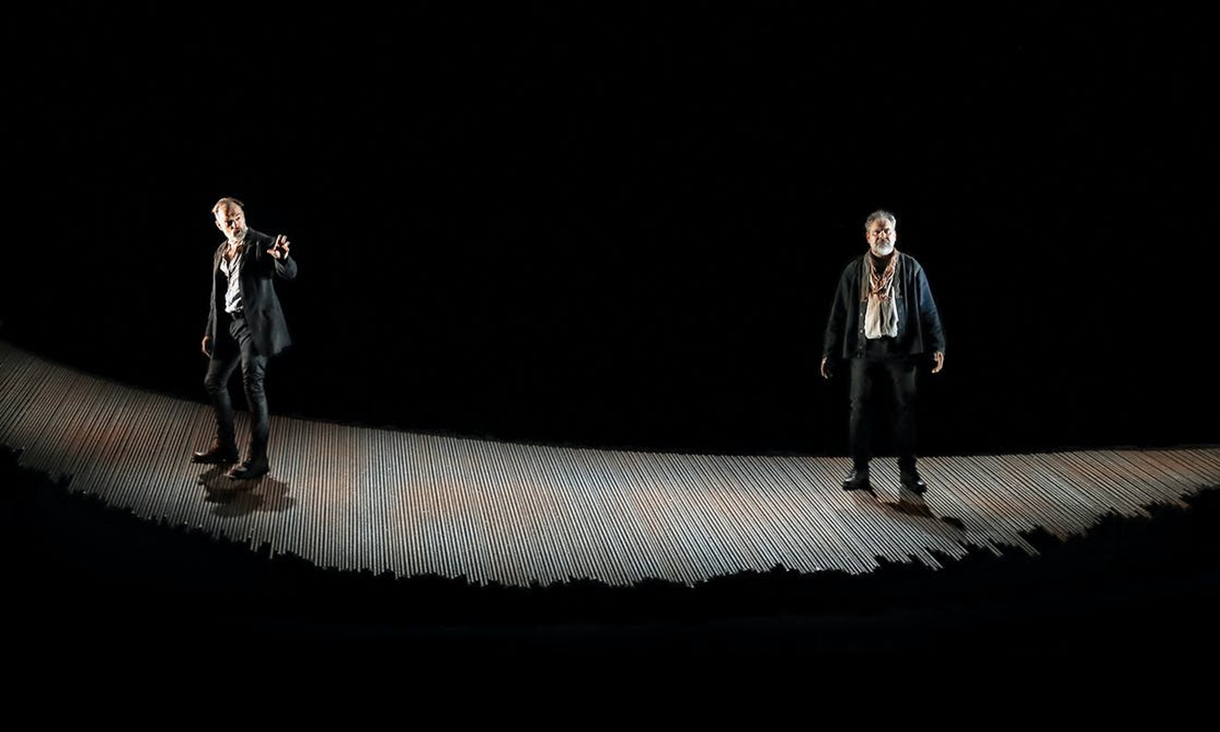‘Parts of life will be damaged forever’ — arts workers describe the pandemic’s impact on their mental health
Researchers interviewed Victorians working — or not working — in the arts during the pandemic lockdown to learn about their mental health.
You better hope your work cleaner is one of the few who has time to do a thorough job
As many of us gingerly return to our workplaces, we are relying on cleaners to keep us safe.
World-first aged care monitoring and alert technology unveiled
Pioneering technology launched today could revolutionise the aged care industry, delivering real-time and non-invasive resident monitoring and alerts.
Wonder drug-capsule may one day replace insulin injection for diabetics
Scientists in Melbourne have designed a new type of oral capsule that could mean pain-free delivery of insulin and other protein drugs.






